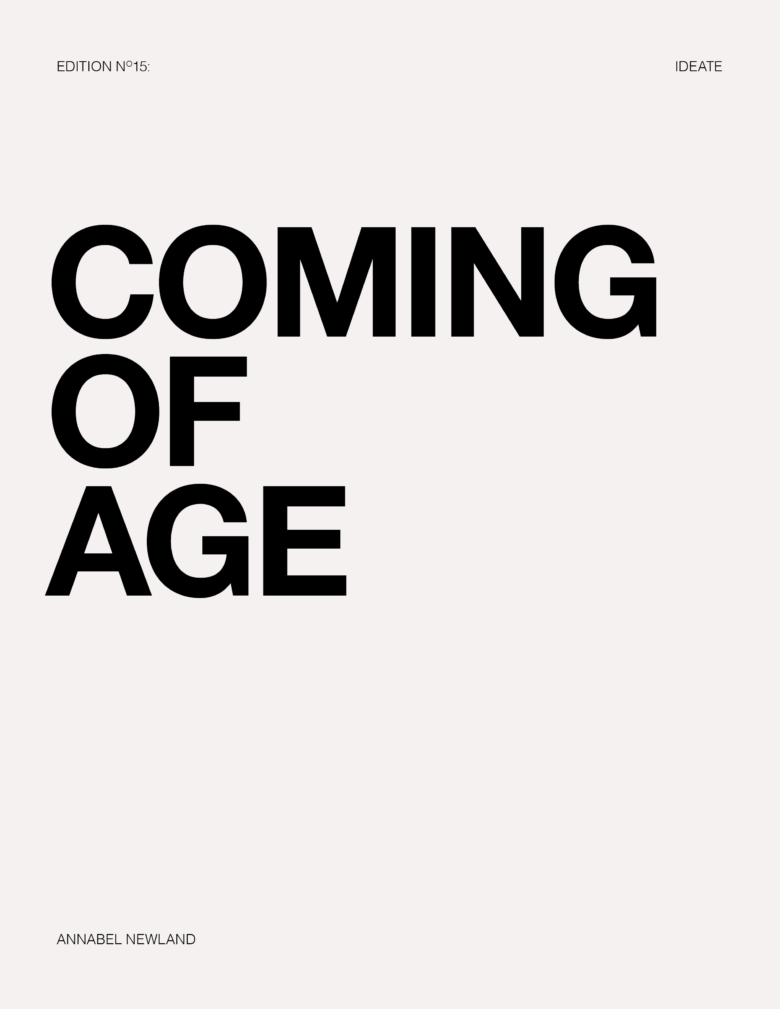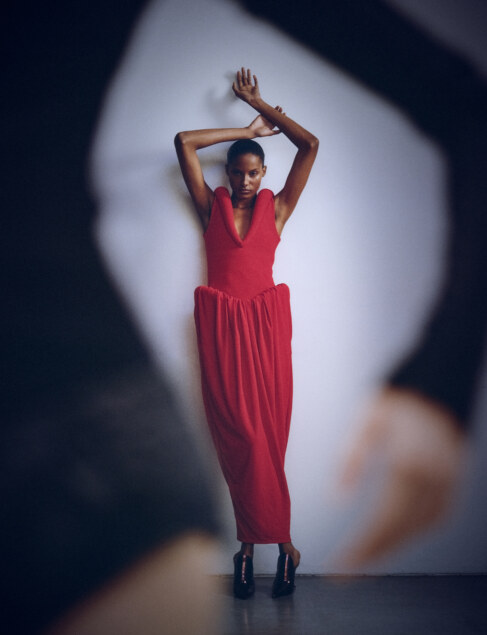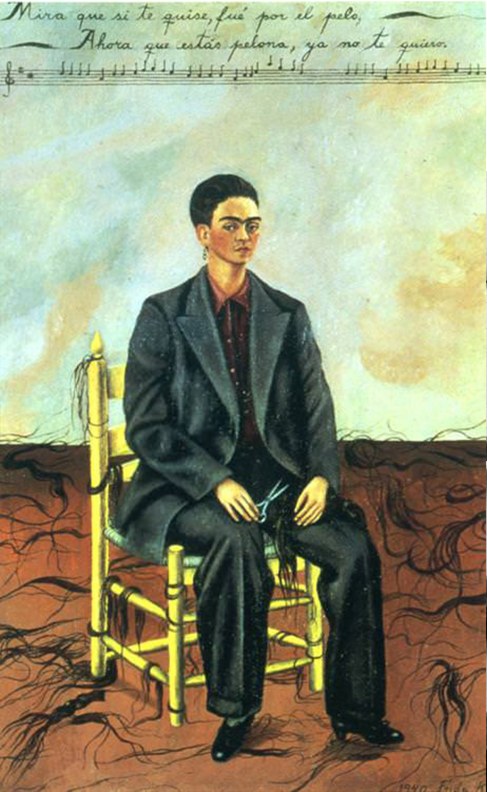
COMING OF AGE BY ANNABEL NEWLAND
WORDS: ANNABEL NEWLAND
We are raised with an idea of what our lives should look like.
When entering youth there is an immediate indoctrination into the wondrous and terrifying world of expectation. We are then left permanently waiting for a reality that we will never truly see. The momentous occasions rarely happen and on the rare occasion that they do, they are overwhelmingly less special than what we wished them to be. When variations of these moments finally arrive and there are no fireworks, no obvious changes to our personality, and no sudden epiphany on who we should be and how the world will receive us, a peculiar kind of loneliness sets in that wouldn’t exist without a “coming of age” culture. Nostalgia permeates every space we exist within, leaving a sour taste of dissatisfaction in the aftermath. We are left pondering an unanswerable question; If nostalgia only causes us uncertainty and heartbreak, why do we continue to praise its presence in all aspects of our lives?
The newness of youth culture teaches us how to dream. We grow comfortable when sitting amongst the anticipation of the big moments. It can be hard to stay present when most of the time we feel as if we’re waiting for someone to yell action and the movie scene of our lives finally begins. Whilst swept up in the chaos of youth, it is difficult to have hindsight as to why we expect so much from the world around us. Strangely, it is only when looking back on our youth from an adult state of mind, that we can accurately gauge our expectations and categorise them as ideas of enforced nostalgia.
Coming of age is a personal endeavour but somewhere along the way, through film and television, it has shifted to being defined by societal interpretation. We’ve lost the beauty of searching for self-acceptance and somehow incorrectly reinterpreted it as a search for external validation. Female-centred coming of age films often explore a personal journey through the departure from the ‘wrong guy’ to the reward of the ‘right guy.’ Movies like Grease, Clueless, Pretty in Pink or Reality Bites have taught us about coming of age and youth culture as a search for self-worth through external validation. There seems to be an extreme reaction to not reaching these expectations, often shown through complete and utter rebellion against these very ideas. Even then, the rebellious teen trope has become almost enigmatic and romanticised through characters like Effy from Skins or John Bender from The Breakfast Club. This depiction of youth culture makes caricatures out of young minds, ignoring the fact that humans are never exclusively one thing.
Our youth is split into melodramatic vignettes, often surrounding life altering experiences, prompting the realisation that not everything in the world rotates around our own personal gravitational pull. It’s almost impossible to envision that everyone around us is starring in their very own opera, often riddled with the same desire to come of age. This very realisation proposes a new state of mind where destination is obsolete and an ever-lasting personal journey is paramount. We should seek to hold onto the messiness of our lives without the fear and expectation of reaching a self-actualised state of mind. It is only then when we will be able to truly come of age.
Generation Z have become familiar with the dismissal of traditional ideas on coming of age and nostalgia due to the pandemic. The romanticised moments of our early lives became unreachable and instead we were met with the consolation prize of a Zoom-Prom and Online Graduation. Departing from a time of such intense control and isolation has shown how this new generation are experimenting with unique art forms, wearing whatever they want and experiencing everything as if it were the first time without societal expectation.
Older generations look back at their younger years and reminisce about time gone by, but what happens when youth is actually lost? What happens when our young years are spent locked inside of a room? Coming of age is losing importance and slowly sinking into the back of our minds where instead there is a surge of genre and era bending fashion, music and film that seek to explore themes of freedom and free will. It’s hard to envision how our present times will be romanticised when looked upon by our future selves. Will we long for the times when we couldn’t leave our homes? Or will these ideas of imposed nostalgia on our past begin to lose all importance? Maybe coming of age will come full circle and be looked upon as an exploration for true self instead of the warped idealisation of external validation that currently defines it. Because if we can’t come of age when we’re meant to, maybe we won’t ever have to.
___
SIDE-NOTE acknowledges the Eora people as the traditional custodians of the land on which this project was produced. We pay our respects to Elders past and present. We extend that respect to Aboriginal and Torres Strait Islander peoples reading this.








